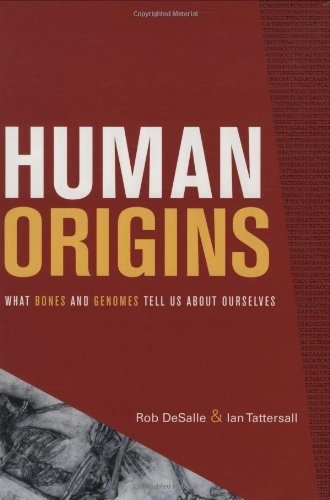Ever since the recognition of the Neanderthals as an archaic form of human in the mid-nineteenth century, the fossilized bones of extinct humans have been used by paleoanthropologists to explore human origins. These bones told the story of how the earliest humans—bipedal apes, actually—first emerged in Africa some 6 to 7 million years ago. Starting about 2 million years ago, the bones reveal that as humans became anatomically and behaviorally more modern, they swept out of Africa in waves into Asia, Europe, and finally into the New World. Even as paleoanthropologists continued to make important discoveries—Mary Leakey’s Nutcracker Man in 1959, Don Johanson’s Lucy in 1974, and most recently Martin Pickford’s Millennium Man, to name just a few—experts in genetics were looking at the human species from a very different angle. In 1953 James Watson and Francis Crick first envisioned the double helix structure of DNA, the basic building block of all life. In the 1970s it was shown that humans share 98.7 percent of their genes with the great apes—that in fact genetically we are more closely related to chimpanzees than chimpanzees are to gorillas. And most recently the entire human genome has been mapped—we now know where each of the genes are located on the DNA strands that make up our chromosomes. In Human Origins: What Bones and Genomes Tell Us about Ourselves, two of the world’s foremost scientists, geneticist Rob DeSalle and paleoanthropologist Ian Tattersall, show how research into the human genome confirms what fossil bones have told us about human origins. This unprecedented integration of the fossil and genomic records provides the most complete understanding possible of humanity’s place in nature, its emergence from the rest of the living world, and the evolutionary processes that have molded human populations to be what they are today. Human Origins serves as a companion volume to the American Museum of Natural History’s new permanent exhibit, as well as standing alone as an accessible overview of recent insights into what it means to be human.
Authors
Rob DeSalle
Additional Info
- Publisher: Texas A&M University Press
- Format: Hardcover
- ISBN: 9781585445677
No copies of this item are currently available.
